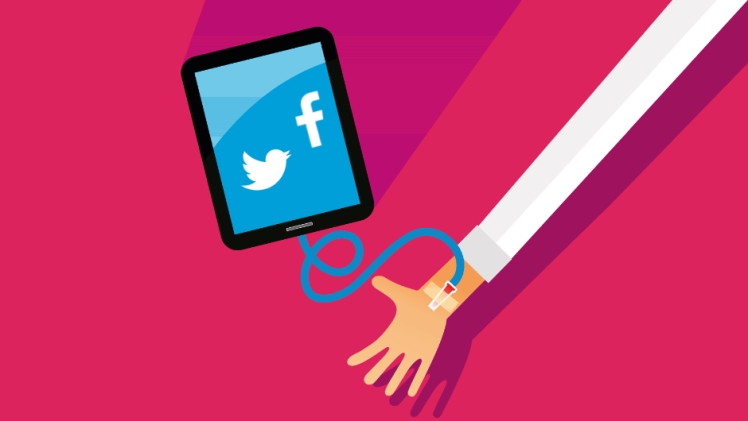Social media can be an excellent tool to stay in touch with friends and family, but it also has potential risks. It could cause mental health issues like depression or anxiety, as well as physical issues like obesity or lack of sleep. Furthermore, it could serve as a gateway towards addictions and other unhealthy behaviors. You can visit the site barder for more information.
Behavioral addiction occurs when someone experiences a strong urge to use or consume an addictive substance or behavior which they cannot resist. This mental disorder may manifest as symptoms such as anxiety, anger, depression, irritability and lack of control over one’s actions. You can visit the site jigaboo for more information.
Social media addiction often manifests as an intense need to constantly check their accounts and engage in conversations with other users. They may spend an excessive amount of time doing this, potentially neglecting other important areas of their life. You can visit the site distresses for more information.
Social media use activates reward circuitry in people’s brains, releasing dopamine – a neurotransmitter that gives users an enjoyable sensation and elevates moods. It is similar to how those with substance use disorders experience highs and lows when they consume drugs or alcohol. You can visit the site precipitous for more information.
Signs that someone may be addicted to social media include:
Are you constantly checking your notifications, refreshing your profile and stalking others on the social media platform? You can visit the site mypba for more information.
Are you constantly thinking of ways to make your profile stand out more than other people’s?
Are your social media addiction causing you to lose focus on work or school tasks?
If the answer is yes, seek help. While beating social media addiction can be challenging, there are steps you can take that will lessen its hold over your life and prevent it from becoming a major issue.
Rediscover Offline Life
To combat the addictive nature of social media, it is essential to find other ways to connect with people in real life. For instance, take a break from your computer or phone and focus on spending quality time with family or friends.
Take a digital detox
Switching up your social media habits is beneficial for both mind and body. Constant exposure to electronic media can cause poor sleep quality, decreased self-worth, and other detrimental effects that are detrimental to overall wellbeing. Take time out from technology by taking a digital detox.
The initial step in managing your social media usage is to assess whether it is harmful or not. A quick questionnaire can help identify the signs of a potential addiction to social media.
Researchers can then create a plan to help you conquer your addiction. It could include restricting social media use, engaging in activities that promote healthy behaviors and ensuring you get enough exercise each day.
Research into social media and addiction is rapidly progressing. Recent studies reveal that it can have a detrimental effect on someone’s mental and physical wellbeing.

